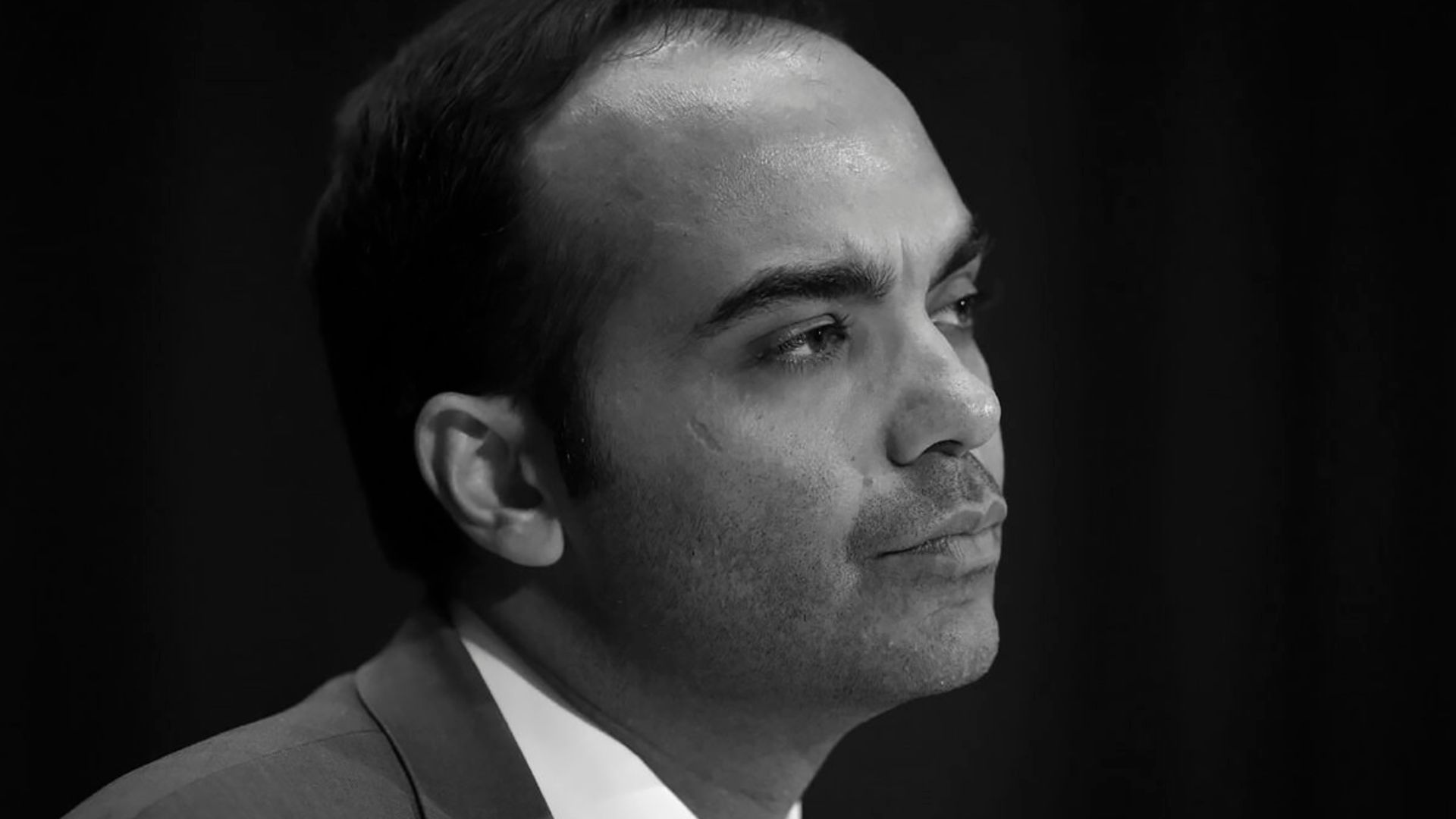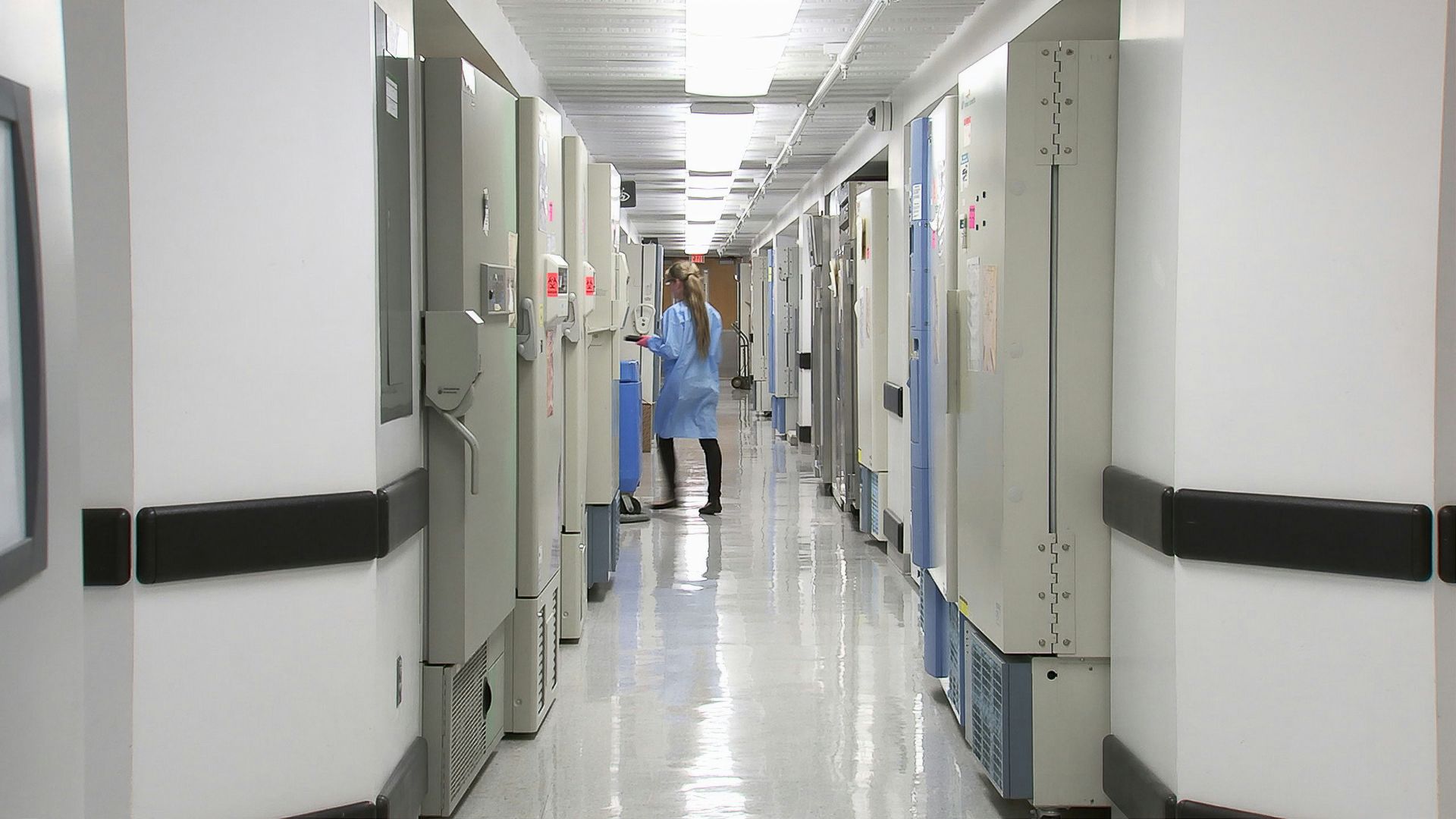President Joe Biden just introduced a sweeping change to debt reform that could benefit millions of Americans by improving their credit scores.
On Tuesday, the administration will propose a new rule to ban medical debt from credit reports. The change will allow more Americans to be approved for mortgages and loans by removing massive medical bills from credit standing.
The Administration Is Concerned With Lowering Costs for Americans

The ruling will be announced by Vice President Kamala Harris and Consumer Financial Protection Bureau Director Rohit Chopra.
In the past few months, the Biden administration has been improving its efforts to make life more affordable for Americans during the affordability crisis. With elections just a few months away, the change calls for a possible push for working-class voters.
The Change Could Be Implemented Early Next Year

Chopra spoke to ABC News ahead of the policy announcement. He noted that the decision has been in the world since September and could possibly take effect as soon as early next year.
“Our research shows that medical bills on your credit report aren’t even predictive of whether you’ll repay another type of loan. That means people’s credit scores are unjustly and inappropriately harmed by this practice,” Chopra said.
Thousands of Americans Would Benefit From the Change

The Consumer Financial Protection Bureau predicts that the new change would allow more than 22,000 Americans to get approved for mortgages each year.
Removing medical debt from credit scores will immediately impact people’s lives who are otherwise bogged down by financial stress and credit implications.
Major Credit Report Companies Are Already on Board

Some major credit report companies are on board with the decision. Equifax, TransUnion, and Experian, three major companies, have already stopped using medical debt to calculate people’s ability to repay large loans.
Other companies have already agreed to lower the weight of medical debt against good borrowing histories for their customers.
Medical Debt the Leading Cause of Bankruptcy in the US

More than 15 million Americans carry roughly $49 billion of medical debt today. One of the worst implications is how much that debt affects credit scores, which must be approved for mortgages, new loans, and credit cards.
The American Bankruptcy Institute found that 62% of personal bankruptcies filed each year are the result of crushing medical debt.
Bernie Sanders Behind the Push for Medical Debt Reform

One of the biggest proponents of the bill is former Democratic presidential candidate Bernie Sanders.
The Vermont senator runs a comprehensive plan to eliminate medical debt in the US and help reform bankruptcy laws for those burdened with massive medical debt.
Medical Debt Is Too Quick To Hit Collections

Although some government officials are divided about whether to begin proceedings to eliminate medical debt altogether, one thing is clear: heavy medical bills should not affect credit scores.
Many argue that since medical debt is often unexpected and outrageously expensive, the bills should not be considered when a person needs to show how well they repay their debt. Currently, when a person is unable to quickly repay medical debt, it immediately goes to a collections agency, which notifies their credit score.
Medical Debt Can Be Crushing for Regular People

In March 2005, a story went viral when Kevin Berthia was talked off the side of the Golden Gate Bridge in San Francisco by Highway Patrolman Kevin Briggs.
At the time, Berthia was overwhelmed by a $250,000 medical bill when his infant daughter was born prematurely. Thankfully, Berthia survived the incident, and now the two men work together to raise awareness for suicide prevention. The story is usually used to bring an upside to depression, but in the case of Berthia, his issues were caused by the unjust cost of necessary medical care.
Repayment Rates Are Low for Medical Bills

Due to the often massive nature of medical bills, creditors often have little success in actually getting patients to repay the medical debt.
Matt Notowidigdo, a professor at the University of Chicago’s Booth School of Business who studies health economics, understands that strongarming patients into paying their debt never works. The policy change might actually help hospitals recoup their bills by offering slower repayment schedules and fewer punishments for those who can’t afford it.
New Rules Will Also Reform Complicated Medical Bill Process

The CFPB ruling will also address issues with the confusing and complicated process of obtaining and checking medical bills. Patients often dispute their medical bills and can be erroneously charged for needless things that increase the total bill.
As patients advocate for themselves and fight unnecessary charges, the total bill still gets sent to collections, forever damaging their credit report. Under the new bill, this frustrating process will hopefully be eliminated.
Some Experts Warn That Care Standards Could Slip

Some experts on the other side of the issue, such as Ge Bai, a professor at Johns Hopkins University, argue that fewer people paying back medical debt could stifle hospitals and doctors.
They think the reduced cash flow would ultimately harm institutions and their ability to fund future procedures. However, part of the bill seeks to address the convoluted red tape and layers of administration that increase medical costs.








































